David Coulthard’s hope for a genuinely open fight between the top three teams in Formula 1 should not be dismissed as blind optimism. Mercedes-AMG may have been judged the winner of the ‘winter war’, but the usual caveats apply when it comes to pre-season testing. Six days in Barcelona, during which each team worked to its own specific agenda with new cars, was a scientific rather than sporting exercise. The first judgements on form can only follow after the first race.
Mercedes’ clever ‘dual-axis steering’ system, spotted early by rivals and the media, was probably only a tasty topping to the team’s promising start to 2020 – but it was also classic F1. Engineers love getting one over on each other and here was a prime example of a team catching all its rivals on the hop. The system allows the driver to change the toe angle of the front tyres by pulling and pushing the steering wheel, to change a car’s grip characteristics – and Mercedes technical director James Allison could not hide his glee as rivals admitted it would take months to replicate the innovation. Gaining that ‘unfair advantage’ through legal means has always been at the heart of motorsport.
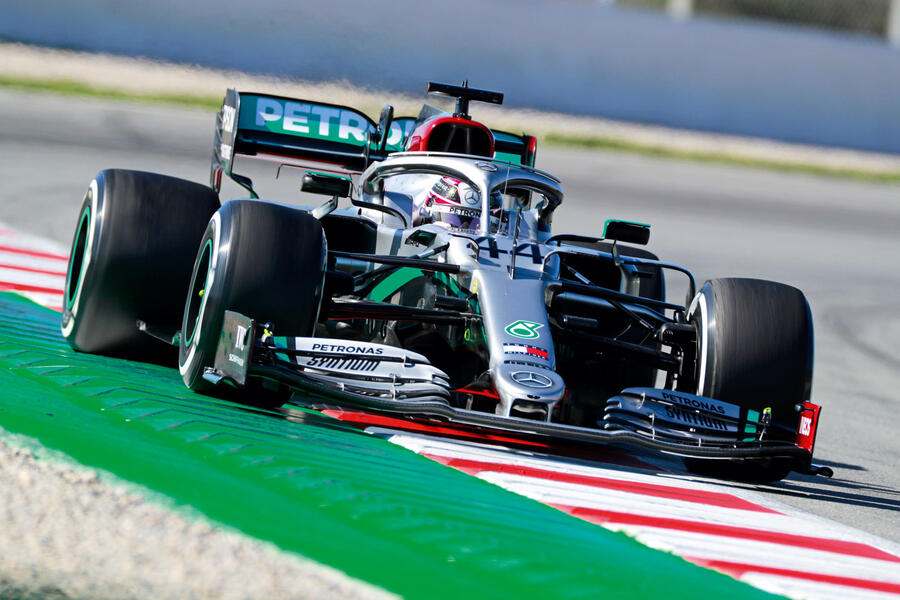
But when teams are perceived to step over that line and cheat their way to an edge, howls of outrage follow. That’s why an FIA statement on Ferrari after the last day of running in Spain dropped a cloud over the new season that won’t quickly blow away – even though it concerned last year’s car.
Ferrari’s pace advantage in the second half of the 2019 season was accompanied by rumours about its fuel flow metering unit and a suggestion that the team had found a way to circumvent it, to exceed maximum flow rates and thus boost power.
When the FIA issued a clarification at the US GP, making clear any such action would be deemed illegal, it happened to coincide with the end of Ferrari’s run of six consecutive pole positions. Then at the Abu Dhabi season finale, Ferrari copped a fine when its pre-race declaration of how much fuel was in Charles Leclerc’s car was found to be inaccurate. He was lucky to keep his subsequent podium finish.
Teams smelt a rat – and the stench increased with this new FIA statement: following an investigation, the governing body said it had “reached a settlement” with Ferrari, but also declared that “the specifics of the agreement remain between the parties”.

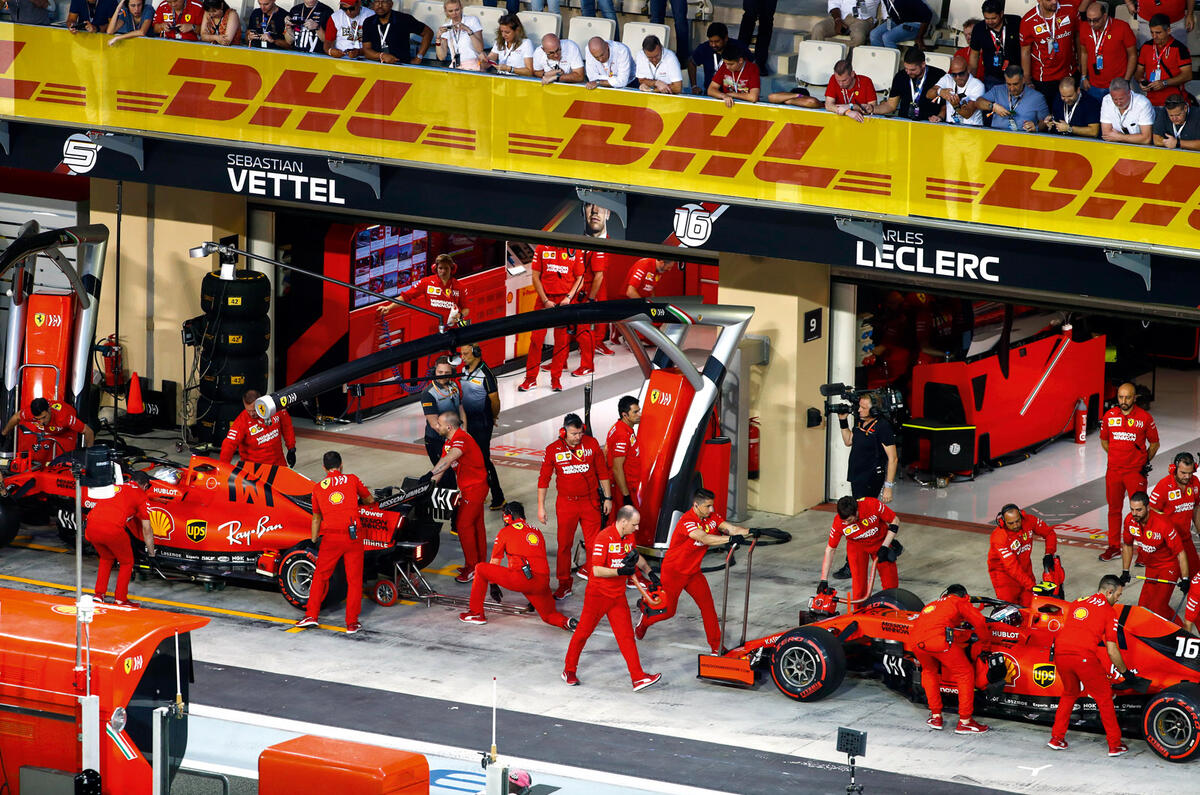
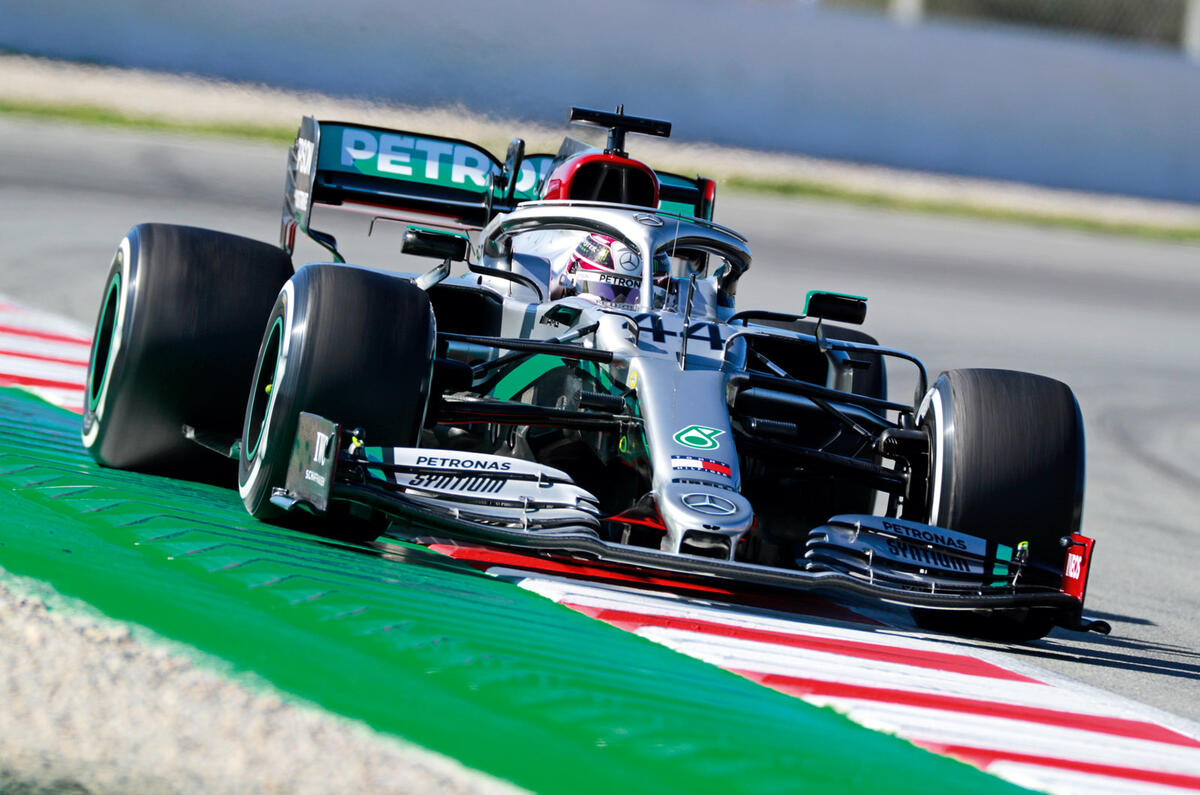
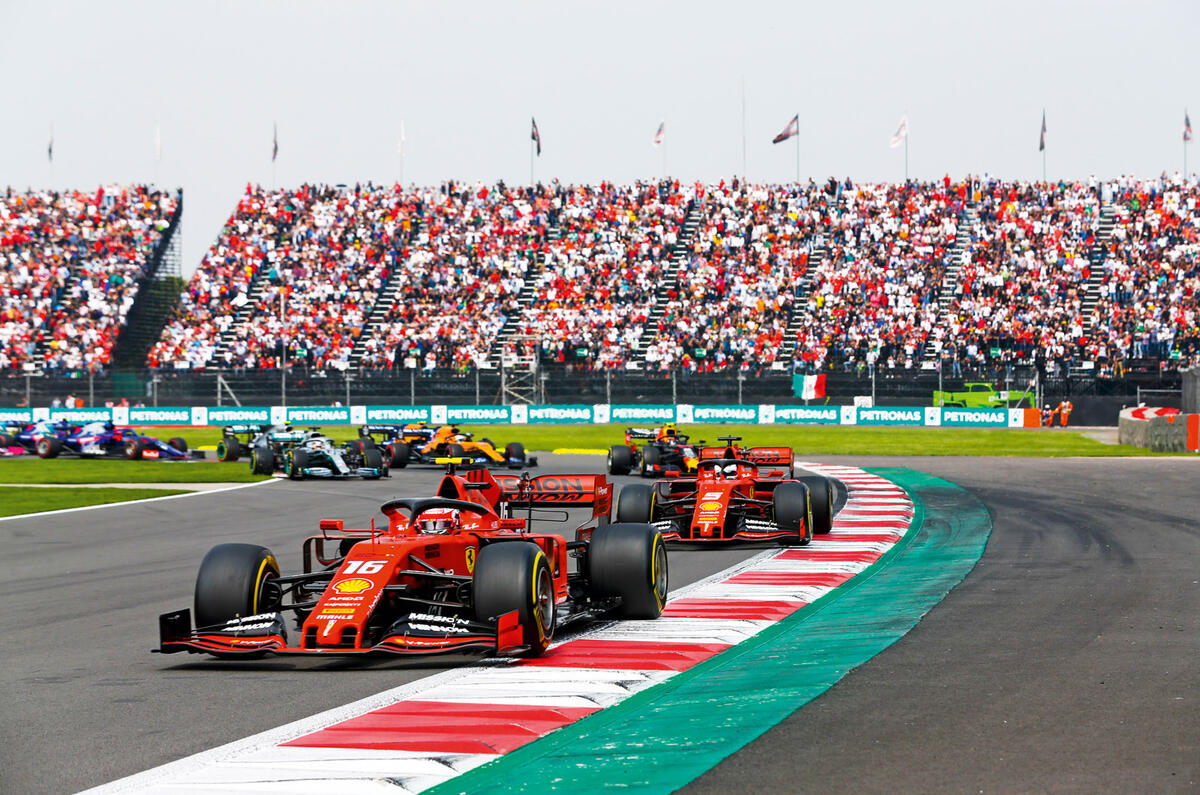
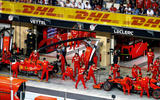



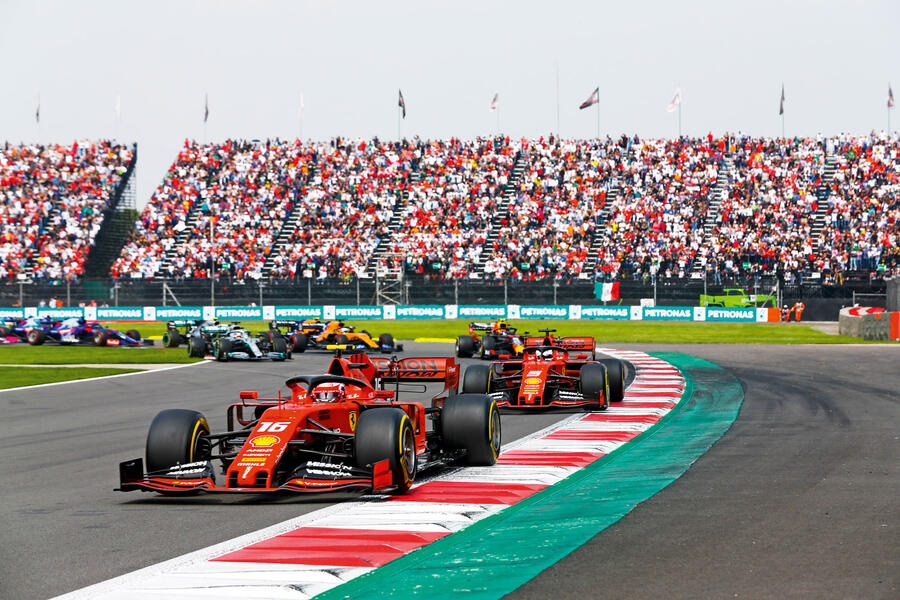

Join the debate
Add your comment
Never happen.
A level playing field in F1 will never happen because, if one team has a £100 million budget and at the back of the grid only has fifty million, who is going to win?, and that's the downfall of today's sports, money, ?.
Max's
Dad will have one or two things to say about bypassing fuel tanks and why it's best not to.
Everyone used to cheat
in the old days. Hidden fuel tanks were a favourite trick in Group C......